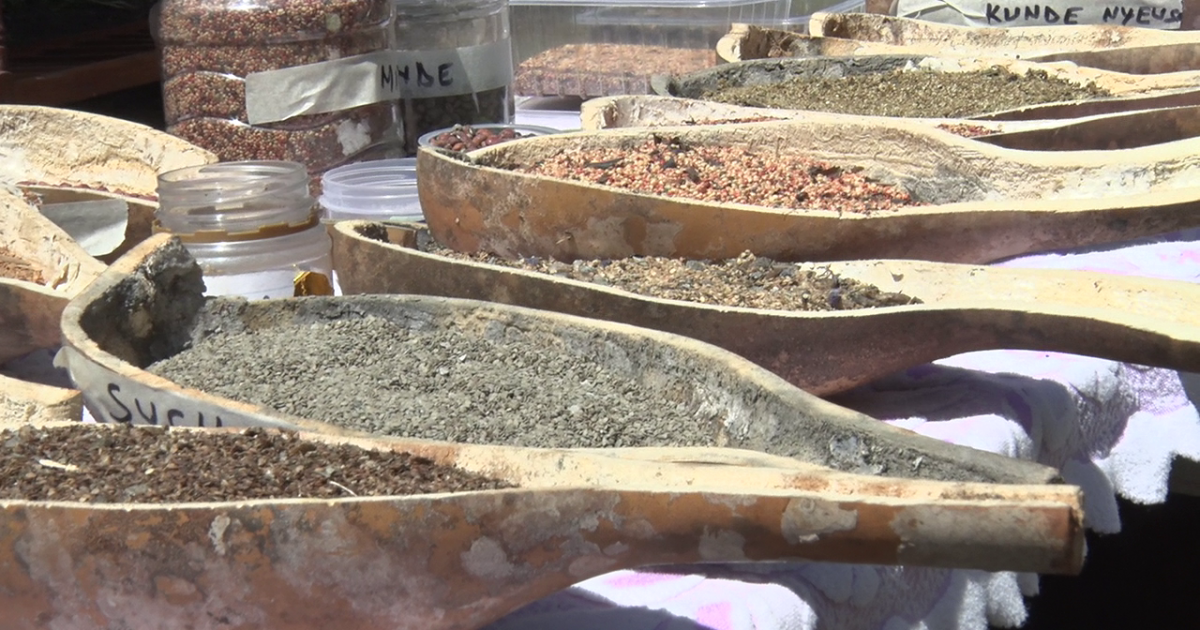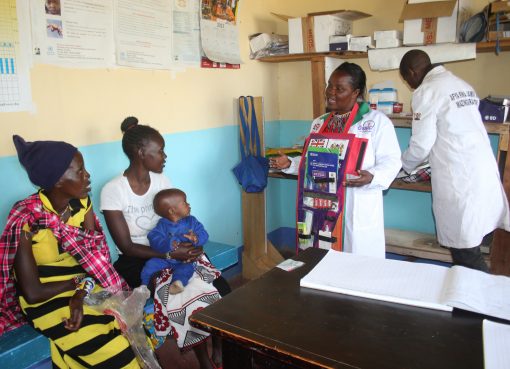Farmers in Kakamega are utilising community seed banks established at Ingotse Market in Navakholo to preserve indigenous seeds which are considered to be at risk of becoming extinct.
Seed Savers Network, a Non-Governmental Organisation is supporting farmers in preserving the seeds while encouraging them to practice organic farming and kitchen gardening, to be food secure, while at the same time consume healthy and nutritious foods.
The Organisation conducts model fossil analysis to identify the crop species that are at risk of getting extinct and obtain their seed to be stocked.
The preserved seeds are raised through organic farming methods which is considered the best model to raise viable seeds that can stay for long and maintain the characteristics of the parent crop.
In Kakamega, Seed Savers Network works with over 400 farmers with 10 seed ambassadors who ensure indigenous seeds alongside other seeds are collected and preserved.
Speaking during a Seed Fair at Navakholo, Seed Savers Network programme officer for Kakamega County Mercy Ambani said they mainly work with smallholder farmers who face a myriad of challenges in producing crops that can sustain them and enable them to earn an income.
“All this is geared towards strengthening the farmer managed seed system. So we train the smallholder farmers on Seed Saving and Community Seed Banking,” Ambani noted.
The organisation has its headquarters offices at Gilgil in Nakuru County and works with farmers from Kakamega, Vihiga, Baringo, Lamu, Kilifi, Busia and Nakuru.
It has a membership of 61,000 farmers across the country who benefit from the training and network with each other during Seed Fairs, which are normally held both physically and virtually in all the areas of operation.
During the forums, farmers showcase their preserved seeds. They also cook indigenous food for the farmers to test and appreciate diversity.
Through the Trainer to Trainer Model, the Organisation allows farmers who have been trained to cascade the knowledge to their immediate neighbours and other farmers.
In Kakamega the farmers are spread in Navakholo, Mumias East and Mumias West.
“We are looking upon expanding to all the 12 sub counties in Kakamega and establish other seed banks in every farmers’ groups,” she said.
Seed Savers Network was founded by Daniel Wanjama who is the Chief Executive Officer in 2009.
For eleven years the network has established 50 Community Seed Banks across the country.
“We have farmer groups that are registered and we are also encouraging farmers to operate with Saccos where even the income they can get from farming they can save in Saccos to help them in their livelihoods,” Ambani added.
In Kakamega the network has 13 farmer groups who rely on one Seed Bank located at Ingotse.
“The seed bank is stocked with farmer seeds. When they bring their seeds to the Bank, the seeds are identified by their indigenous names and the owner of the seed,” she added.
By Moses Wekesa




